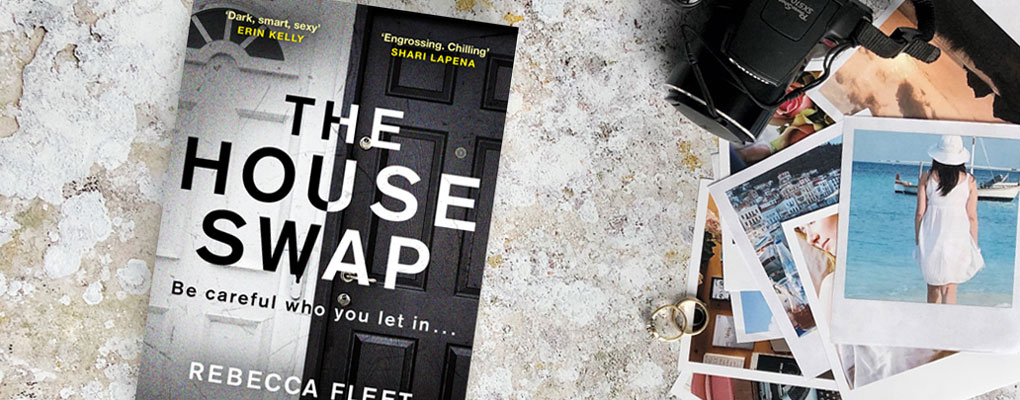Books
Rebecca Fleet: why I’d never do a house swap
We all have our secrets, even if we don’t consciously define them as such. Parts of our lives that we choose to keep hidden away – perhaps because we fear the reactions of others, perhaps because they stir up feelings of guilt, shame or embarrassment in us that we would rather not confront, or perhaps simply because they feel too private and precious to share. I’ve always been fascinated by the gap between the personas we portray to the outside world and the people we are when we’re alone. For some people this gap is little more than a sliver, a series of subtle alterations; for others, it’s a vast chasm. And it’s almost impossible to tell who falls into which category.
It’s for this reason, I think, that I first became intrigued by the idea of house swaps. The concept has become so commonplace these days, popularised by Airbnb and the like, that we rarely stop to think about its significance. Our houses are the places where our private selves come out to play, and whether we realise it or not, they’re littered with clues and signposts as to who we really are. These clues accumulate steadily over years; so much so that if I were asked to remove them, to anonymise my house, I wouldn’t even know where to start.
There is something more than a little sinister about the idea of someone being in your own space when you aren’t there to direct and divert them, to guide them towards the most palatable interpretation of who you are and how you live. And it cuts both ways… in the first chapter of my novel, The House Swap, my protagonist Caroline recalls a television programme she has seen, where a psychic wanders around a haunted house talking about the tragedies ingrained in its walls, the infected heaviness of the air. Caroline’s own experience of living in someone else’s house turns out to be similar, only the ghost of the presence she senses there is very much alive – and rather less than friendly.
Ultimately I think the house swap trend taps into a kind of trusting vulnerability in all of us that can be dangerous. We wouldn’t dream of picking a stranger off the street (or the internet) and sitting them down to tell them all the intimate minutiae of our lives. Yet we’ll open up our houses to them, give them the time and space and solitude to pick over our possessions, form their judgements and do what they want with the knowledge they’ve gained. Of course, most people are pleasant and harmless. But not all of them.
It’s for all these reasons that I’ll be checking into a hotel the next time I go away, and leaving my own door firmly locked. After all, when you leave that key under the plant pot, do you really know who’s picking it up and letting themselves inside?



Please note: Moderation is enabled and may delay your comment being posted. There is no need to resubmit your comment. By posting a comment you are agreeing to the website Terms of Use.